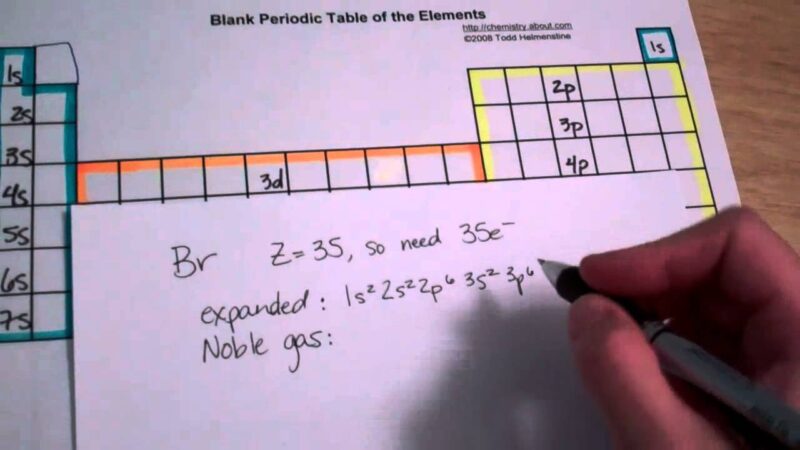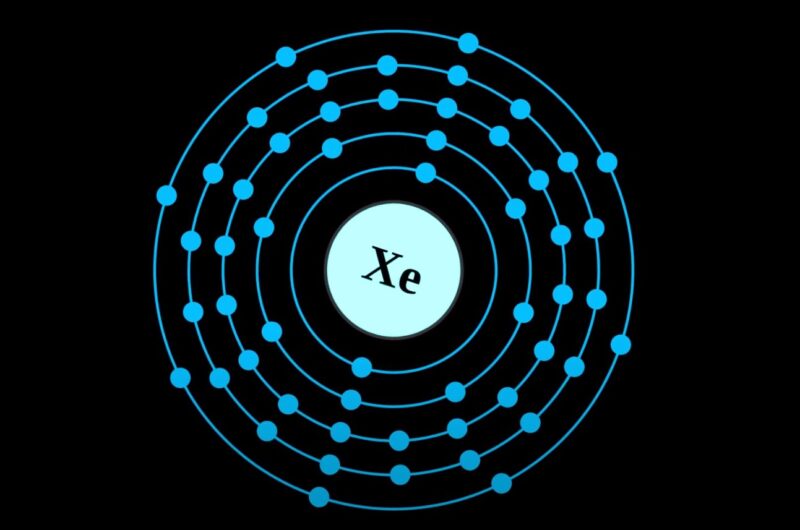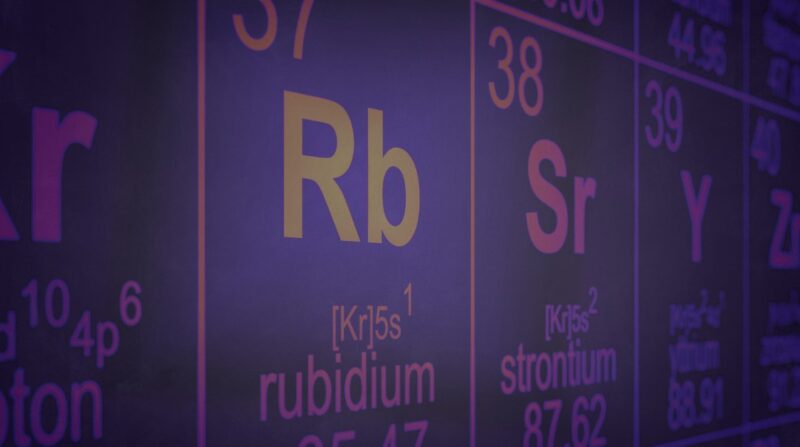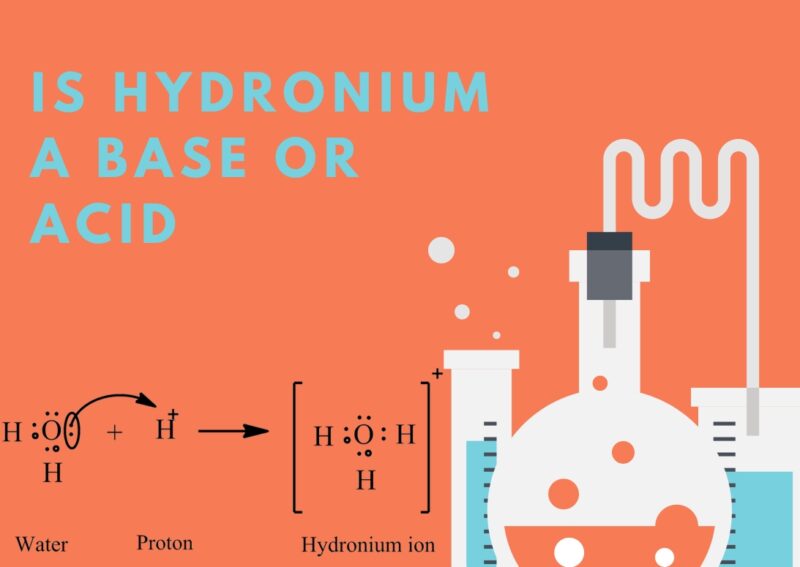What Is The Electron Configuration For Bromine? – Science Simplified!
Electron configuration is a fundamental concept in chemistry and physics, detailing the distribution of electrons in the atomic orbitals of an atom or molecule. It is a representation of how electrons are distributed in various atomic and molecular orbitals, shells, and subshells. The electron configuration for an element like bromine is crucial for understanding its … Read more




